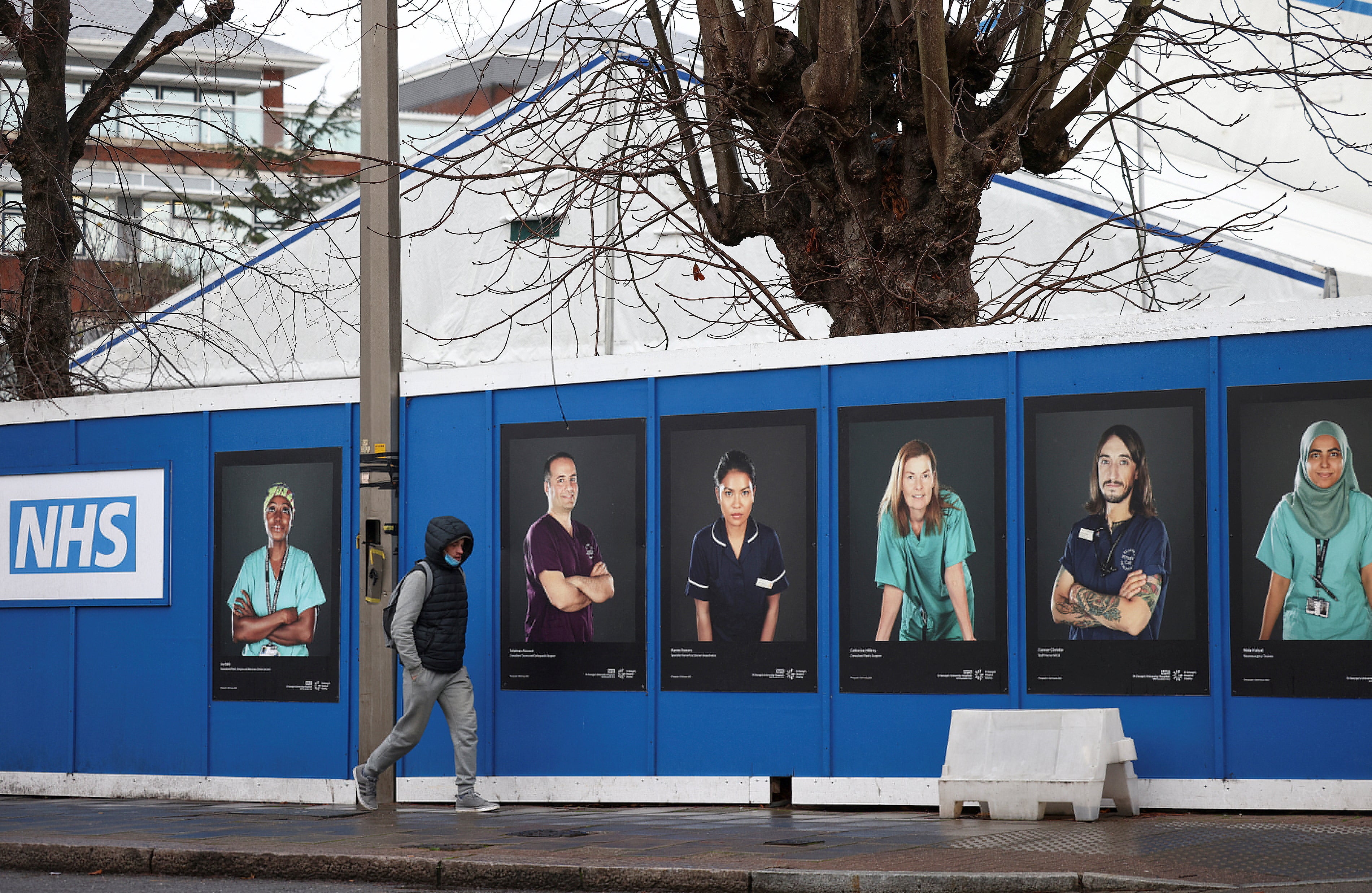Rising Covid cases should be a wake-up call for every one of us
Editorial: The challenge is to use the dreadful experience of the past months and years in a positive way, to improve public health more generally, so that we emerge as a healthier society

Covid is back, and with a vengeance. There has already been a sharp rise in hospitalisations, with 6,720 people in hospital with the virus on 14 December, up from 5,501 a week earlier.
NHS specialists are concerned that people visiting elderly relatives over Christmas will spread the disease further, and are warning of 10,000 patients with Covid-19 in hospital by the end of the year. The return of the virus comes on top of a particularly serious flu season, with even more people in hospital with flu than with Covid, creating a double burden on the NHS.
This should be a wake-up call for everyone. The challenge is to curb the spread of Covid in such a way as not to destroy the freedoms that we have recovered after the shutdowns of the past two and a half years. To return to those restrictions would be impossible, and they have had huge costs in social, health and economic terms – costs that will continue to affect us for many months to come. We have to do better, and that places a responsibility on every part of society.
For the government, there is the general need to support the NHS with additional funds. Alongside this, there are a number of specific ways in which it can help. One would be to continue the valuable project of the Office for National Statistics, which has a sample of people who take monthly swabs to help monitor the extent and spread of the disease.
A second would be to encourage more people to have flu jabs. A third would be to reinstate the supply of free self-testing kits for Covid and to advise anyone who feels unwell to take a test. Yet another project would be to revive public health advertisements, making people aware of the ways in which diseases spread. For example, a sneeze travels at 75mph and can spread through a whole room in a few seconds.
Private sector enterprises have a vital role. Offices, pubs, restaurants, cinemas – everywhere people congregate together – need to look at their ventilation systems, check filters, make sure workstations are not too close together, step up the level and frequency of cleaning, and so on. During the early months of the pandemic, the business community learnt a great deal about how to reassure customers and employees that they were taking care of hygiene in the workplace. This matters as much now as it did when Covid was at its peak.
However, perhaps the greatest responsibility is on everyone, to follow the established common-sense rules that have helped to contain the spread of diseases in the past. These include cutting physical contact when we feel that we may be catching a cold or getting the flu. They include handwashing, of course. And they include staying away from offices when we are worried that we may pass some virus on. In short, we need to be good citizens.
The challenge is to use the dreadful experience of the past months and years in a positive way: to improve public health more generally, so that we emerge as a healthier society. That is not easy. But there have been parallel periods in the past in which great strides have been made in improving the health and wellbeing of the country. What is happening right now gives us the impetus to make a change.



Join our commenting forum
Join thought-provoking conversations, follow other Independent readers and see their replies
Comments